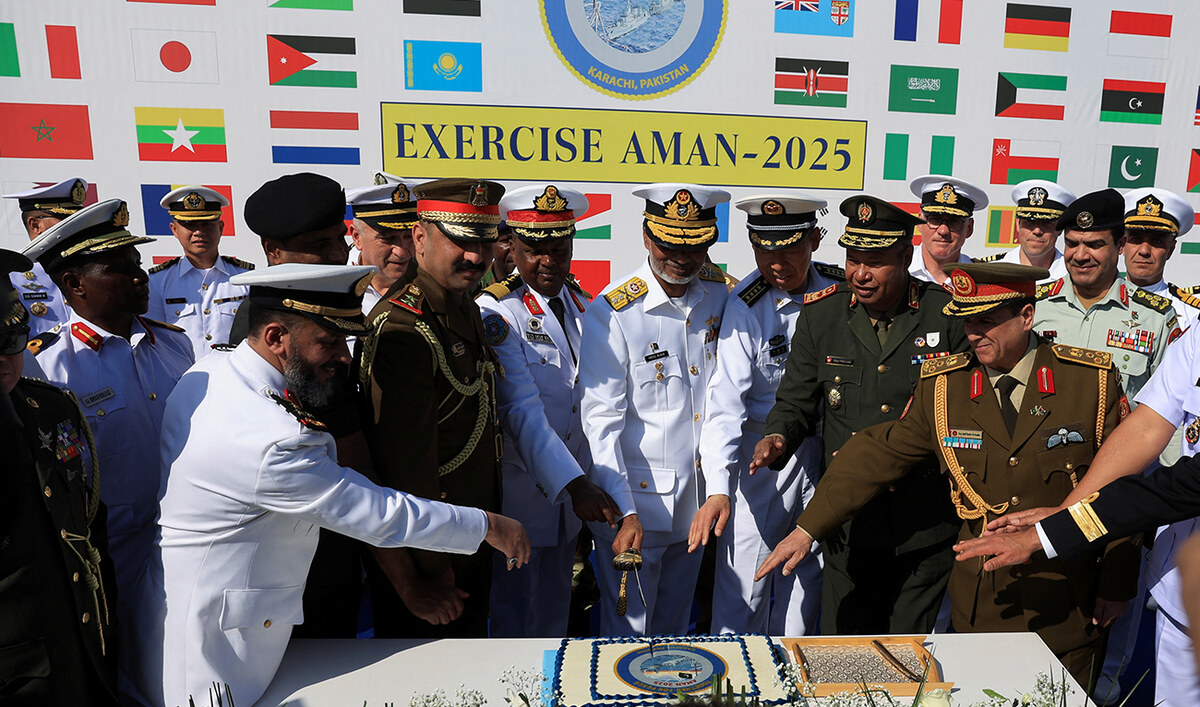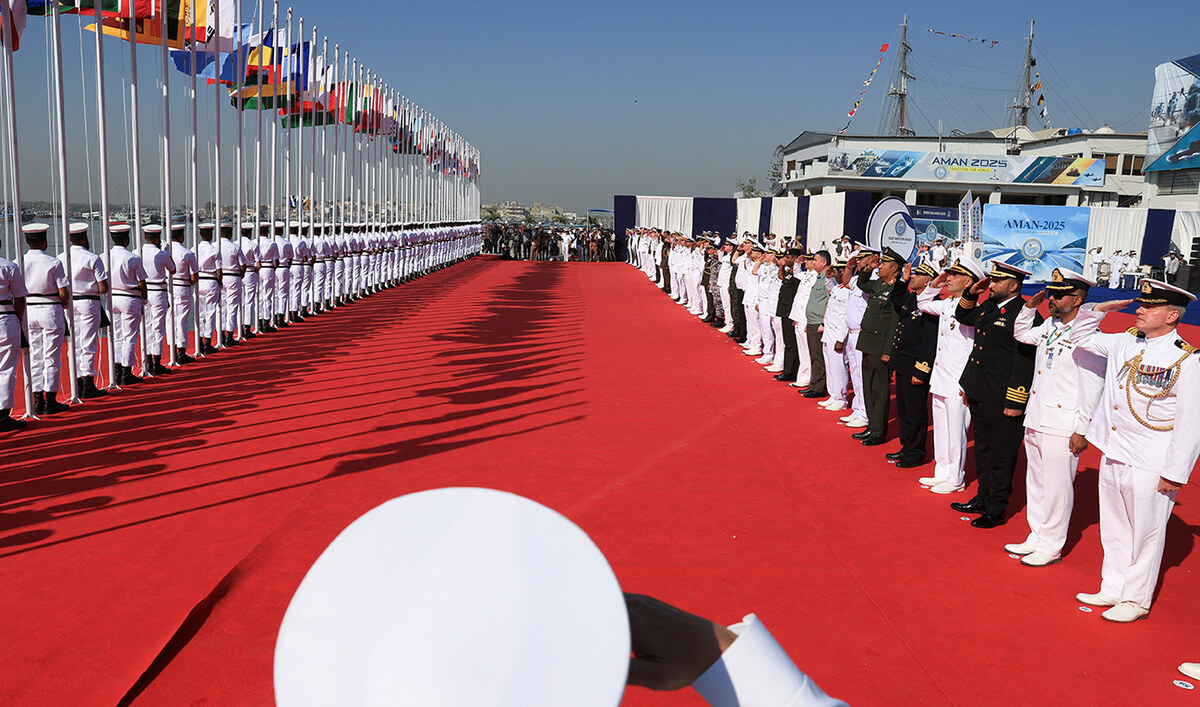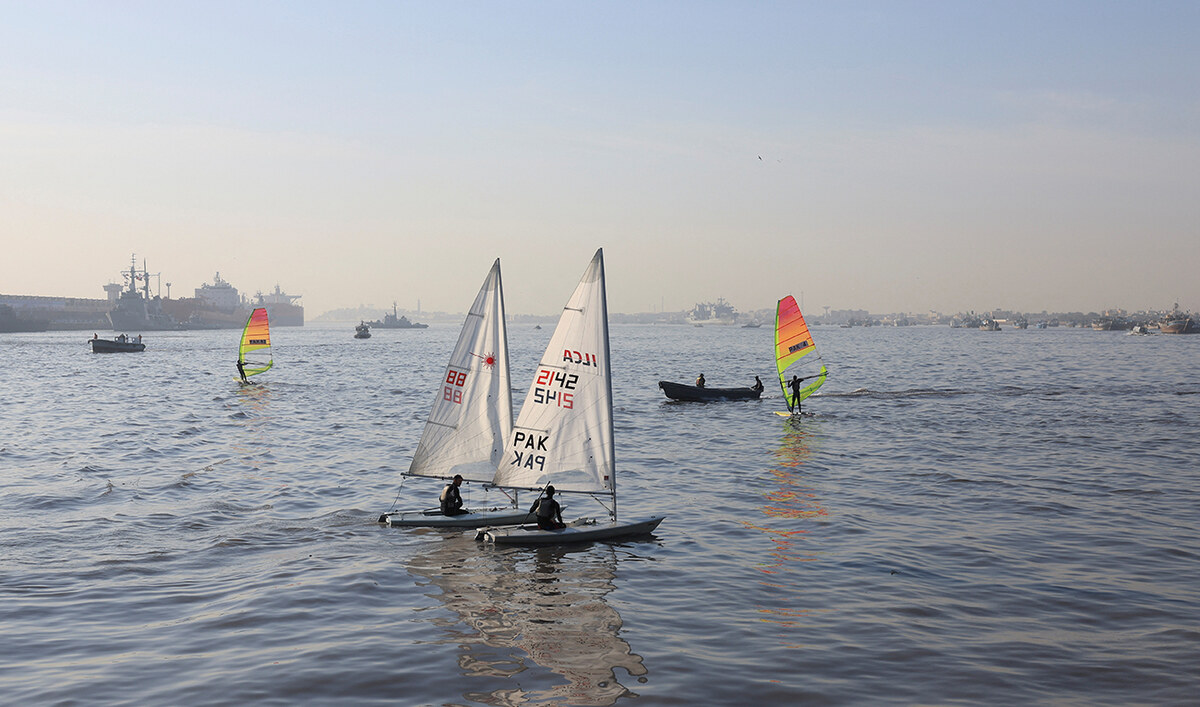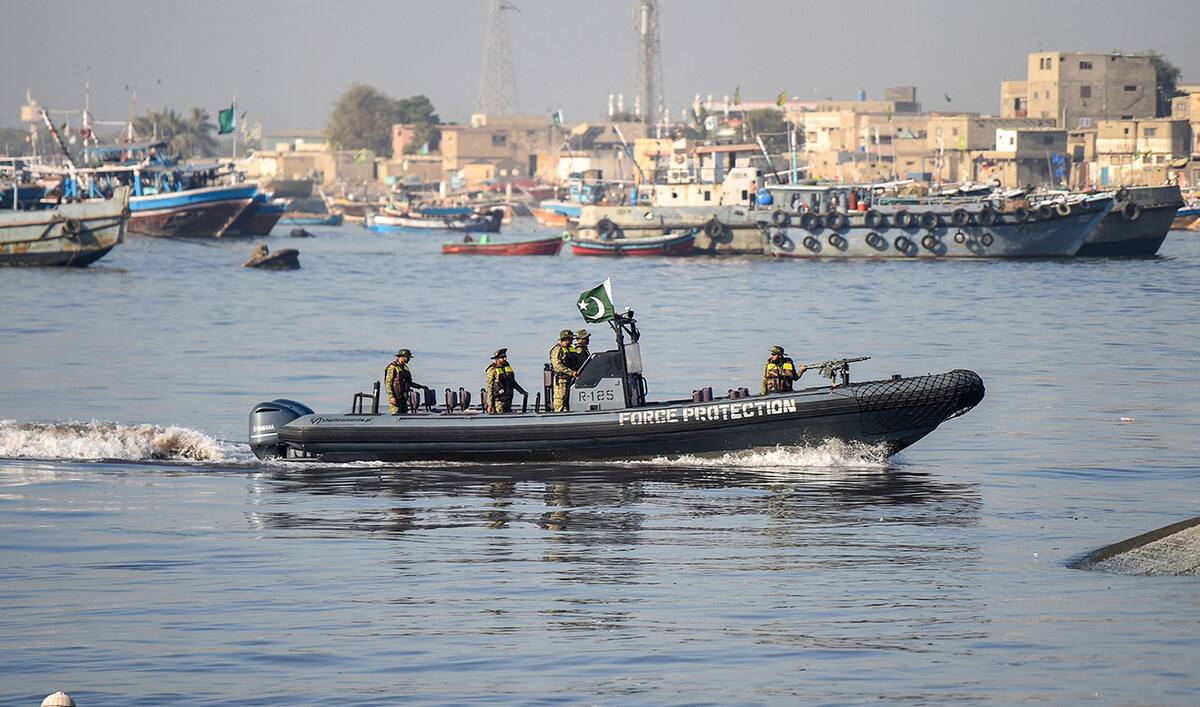ISLAMABAD: Foreign Office Spokesperson Shafqat Ali Khan said on Thursday the issue of Pakistan hosting Palestinian prisoners freed by Israel under the Gaza ceasefire deal had not yet been discussed with Islamabad at the “official level.”
On Feb. 3, a spokesperson for Hamas, Dr. Khaled Qaddoumi, told Arab News Pakistan had agreed to host 15 Palestinian prisoners released under the truce reached between Israel and Hamas on Jan. 15 to end the 15-month-long Gaza war. The six-week initial ceasefire phase includes prisoner exchanges, the gradual withdrawal of Israeli forces from central Gaza and the return of displaced Palestinians to northern Gaza.
“This issue has not come up to the foreign ministry at the official level so any comment at this point would be purely speculative,” Khan said in reply to a reporter’s question during a weekly press briefing on Thursday.
Earlier this week, fifteen Palestinian prisoners freed by Israel arrived in Turkiye after being deported first to Egypt, the Turkish foreign minister and the Hamas prisoners media office said.
Among key components of the Israel-Hamas truce deal is that Hamas will release 33 Israeli hostages, including all women (soldiers and civilians), children, and men over 50 in the first phase, while Israel in exchange will release 30 Palestinian detainees for every civilian hostage and 50 Palestinian detainees for every Israeli female soldier Hamas releases.
The first phase of the ceasefire in Gaza has led to Hamas’ release of 18 hostages and Israel’s release of 583 jailed Palestinians, of whom at least 79 were sent to Egypt.
Talks are now ongoing on phase two of the armistice, which will see the release of remaining Israeli hostages and the complete withdrawal of Israeli troops from Gaza.
The Palestinian territories – encompassing the Gaza Strip and West Bank, including East Jerusalem – have been occupied by Israel since 1967.
Israel’s latest onslaught on Gaza began on Oct. 7, 2023, after about 1,200 Israelis were killed and 251 taken to Gaza as hostages after Hamas attacked Israel. The assault triggered a massive Israeli military offensive in Gaza, which has killed more than 47,000 Palestinians. Nearly the entire population of 2.3 million people in the enclave has been displaced from their homes and much of the territory has been laid to waste.
The Gaza war is the bloodiest episode yet in a conflict between Israelis and Palestinians that has rumbled on for more than 75 years and destabilized the Middle East.
Pakistan does not recognize nor have diplomatic relations with Israel and calls for an independent Palestinian state based on “internationally agreed parameters.”






















